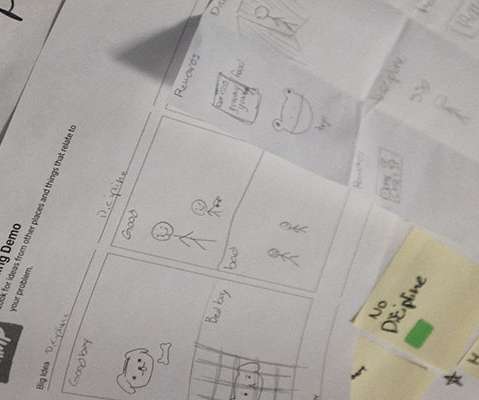Exploring Design Thinking Micro-credentials in the Classroom
Digital Promise
MAY 4, 2021
I learned that it was deeper than simply understanding content: Students had not developed the mindsets or foundational skills necessary to tackle complex problems in STEM. Preliminary research suggests that design thinking improves metacognition in K-12 students, and ultimately improves STEM performance.





















Let's personalize your content